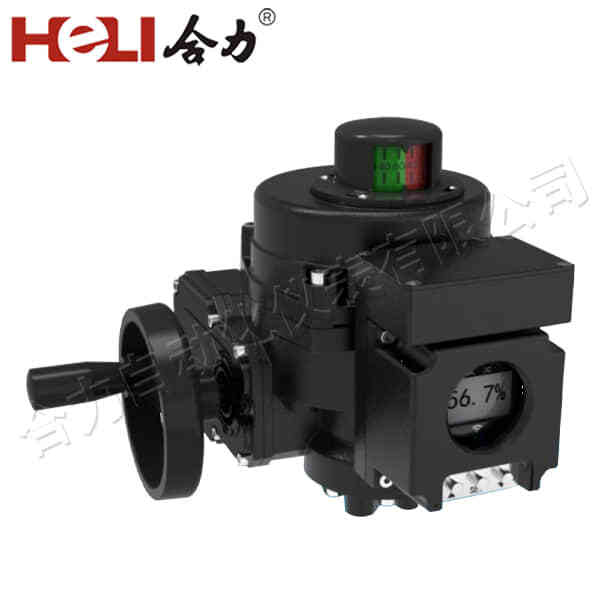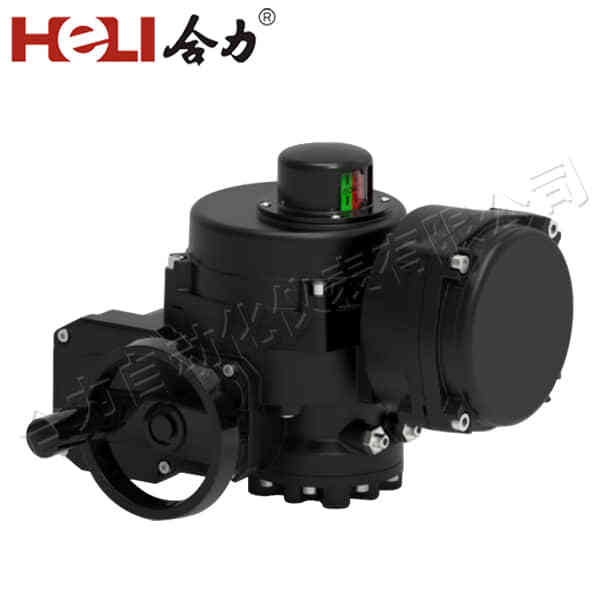Electric actuators have become a cornerstone of modern automation and control systems across various industries. With their ability to convert electrical energy into mechanical motion, they offer an efficient and reliable means of controlling processes and machinery. In this article, we will explore what electric actuators are, how they work, their applications, and why they are integral to the development of automated systems.

What is an Electric Actuator?

An electric actuator is a device that uses electrical energy to produce mechanical motion. This motion can be rotary (circular) or linear (straight-line), depending on the design and application of the actuator. Electric actuators are commonly used in systems that require precise control over movements, such as robotics, automated machinery, and HVAC systems. The simplicity and efficiency of electric actuators make them a popular choice in industries ranging from manufacturing to aerospace and automotive. Unlike pneumatic or hydraulic actuators, which rely on compressed air or fluids to generate motion, electric actuators use motors—typically electric motors like stepper motors or servo motors—to drive the mechanical movement. These motors are powered by electrical energy, making the system cleaner and easier to maintain since no external fluids are required.
